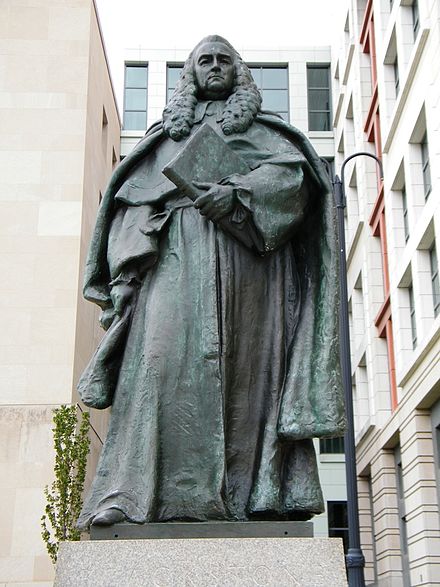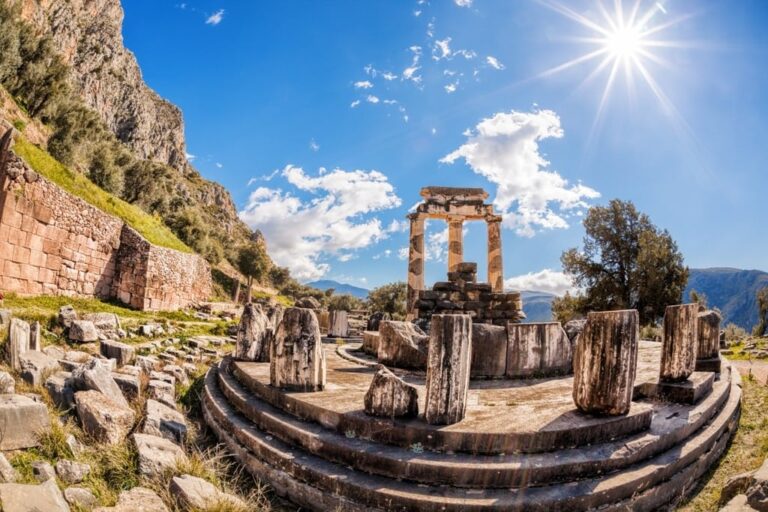Author: D. Duffy.
In this editorial, I will respond to a very strange column which appeared some time ago in The Australian newspaper. In it, the writer said, “I’ve never seen a useful definition of a basic human right, nor ever encountered a supposed example that did not fast dissolve into a blur of conditional clauses.”
He referred further on, to the dissolving on examination of claimed absolutes. So there are no absolutes in his dissolving reductionist dialectic, only “claims” which may or may not be backed up by the politics which, as Mao said “grows out of the barrel of a gun.”
But these are diamonds, glittering in his “situationist” dust. He later declares that there is no people’s will, just a swirling fog of many wills, shifting and conflicting, of various seriousness, permanence, and intensity. No system of voting can “represent” the fog – the modern democratic dilemma in a nutshell.
Finally, his situationism descends into the solipsist miasma (where nothing outside of consciousness can ever be known). He asks, what is life? Does a foetus have it? An amoeba? A tomato? A terminally ill comatose patient? Where is the flame?
I see this train of thought crystallising in a statement I once read in an atheist magazine. The writer said, “I am mulch thus reducing his dignity, individuality and humanity to a disposable blob of garbage. And indeed, with this level of self-esteem in the air. The idea of basic, instinctive human rights becomes hard to defend. After all, how can “mulch” have rights? Moreover, the idea that it should vote becomes absurd.
The whole world becomes a giant “lab,” where power brokers in whitecoats process human material, disposable or otherwise. But now our beloved reductionist becomes cheerfully dogmatic.
“Why dispute whether animals (or people) have souls, because the thing whose nature is disputed does not exist. One side says one thing. The other side says another, but both implicitly agree there’s something there – and there’s nothing.”
Now, there is real materialist dogma – “Ex cathedra!”
he quite naturally summarises by saying “nothing is sacred… without God,” and “he too does not exist, etc.” My critique of the writer’s world view is not primarily theological or in defence of traditional religion. Rather, it is in defence of us and our primary right to exist as sovereign individuals. As such, we are not “given” rights, or “allowed” to survive and pursue our aims, by way of the grace and favour of a benevolent “Big Brother” state apparatus, which regulates our relative value to the community we serve.
On the contrary, it is we who give the state and the government, with all its privileges, the right to exist in our name and to serve our convenience. To do those things which a state apparatus has talent and capacity for, such as education, public health, national defence, and running transport and communication infrastructure.
All civic authority derives from the freely given consent of the sovereign individual. That is you, …and it is me; and it is a central tenet underpinning the existence of “Western Heritage Australia.”
……………… or perhaps you would prefer to be mulch?



